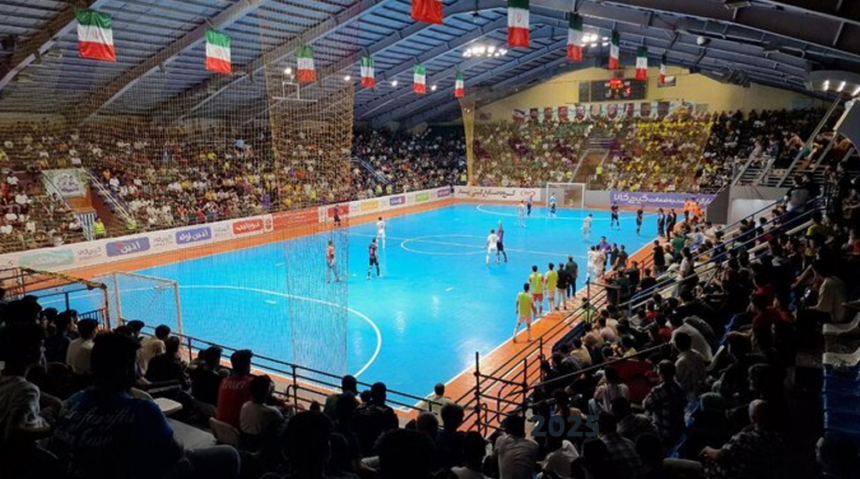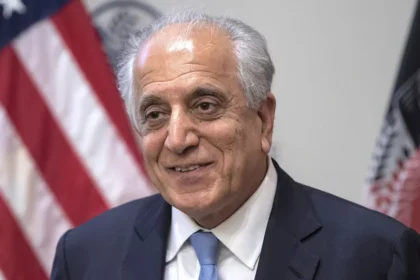RASC News Agency: In the aftermath of Iran’s under-17 futsal team’s surprising 2–1 defeat to Afghanistan’s under-17 squad in the final of the Asian Youth Games, the Football Board of Qom Province has issued a sweeping ban prohibiting all Afghanistani coaches and players from participating in local football and futsal competitions.
The decision, formalized during a session of the Qom Football Association’s executive committee, stipulates that no foreign nationals, particularly Afghanistani citizens, will be allowed to register or compete in the province’s official sporting events “until further notice.” Authorities have not specified the duration of the ban or the conditions under which it might be lifted.
The championship match, held in Bahrain, concluded with a 2–1 victory for the Afghanistani team, a result that both shocked Iranian audiences and sparked tension during the final moments of play. Reports indicate that minor altercations between players added to the charged atmosphere, heightening scrutiny and criticism from local fans.
Officials from the Qom Football Board justified the ban as a measure to maintain “discipline, order, and the integrity of provincial competitions.” However, analysts suggest the decision reflects an emotional, reactionary response to national embarrassment rather than a measured policy aimed at promoting sportsmanship.
The ban has drawn sharp criticism from sports commentators, civil society groups, and athletes themselves, who denounce it as “discriminatory, xenophobic, and detrimental to the development of the sport.” Critics argue that punishing Afghanistani players and coaches for the outcome of a single match undermines the core principles of fairness, meritocracy, and inclusion.
“This action unfairly targets athletes who have contributed positively to regional football for years,” said a Tehran-based sports analyst. “It sends a chilling message to migrant communities and discourages cross-cultural sporting engagement.”
Afghanistani athletes have long been integral to regional leagues in Iran, providing coaching expertise and elevating the competitive standards of provincial tournaments. By excluding them, Qom authorities risk eroding both the quality of local competitions and the long-standing cultural connections fostered through sport.
Observers note that Afghanistani players historically enrich Iran’s lower-tier leagues and youth programs, often serving as role models for fair play and professional dedication. The Qom ban may embolden similar measures in other provinces, fostering institutionalized marginalization of migrant communities under the guise of sports governance.
While officials insist that the ban prioritizes “security and proper competition,” the timing immediately following a high-profile defeat suggests a deeper nationalist and emotional impetus. Afghanistani communities, both inside and outside Iran, celebrated the team’s victory as a triumph of perseverance, skill, and resilience in the face of political and social marginalization.
International sporting observers have warned that punitive measures targeting athletes based on nationality contravene FIFA regulations and the Asian Football Confederation’s standards on inclusivity, non-discrimination, and professional conduct. There are calls for Iranian authorities to reassess the ban, restore participation rights, and ensure that sports remain a space for cross-cultural engagement rather than nationalist retribution.
The ban on Afghanistani coaches and players in Qom underscores the fragile intersection of sports, politics, and societal prejudice. While local authorities have sought to frame it as a measure of order and discipline, the decision highlights the risks of reactionary governance that punishes talent and fosters exclusion. Afghanistani athletes, through their continued participation in international competitions, demonstrate resilience and the enduring power of sport as a bridge between communities, even in the face of political and institutional hostility.






